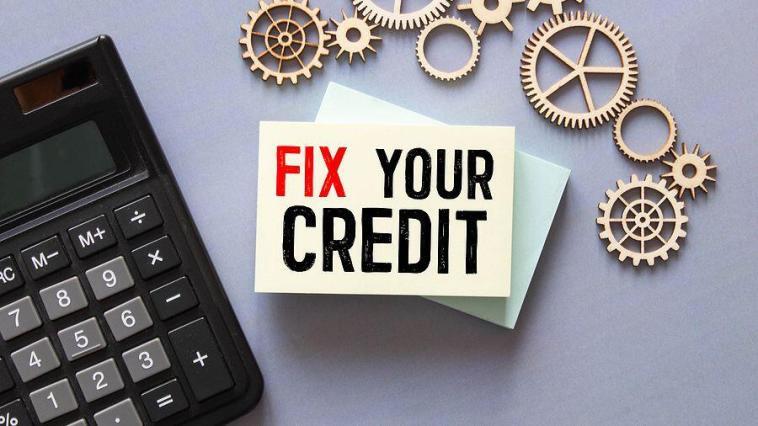There are several reasons why you might need Credit Repair. One of them is the possibility of getting a lower interest rate from your lenders. In addition, your credit score will be higher if you dispute more items on your credit report. If you have a high number of items to dispute, it might be worth hiring a professional service to repair your credit for you.
Free credit repair
Free credit repair is a process by which consumers dispute errors on their credit reports. This process can either be done by the consumer, or by a third party. Regardless of the method used, the steps involved are the same. They usually include paying down existing debt, establishing a consistent payment history, and addressing weak points on the credit report.
First, it is important to obtain a copy of your credit report. This information can help lenders determine your credit risk. Having a high credit score means you can borrow more money with lower interest rates.
Cost of credit repair
The cost of credit repair can vary widely. Some companies charge a flat fee and some bill per negative item removed from your report. The first setup fee can cost as much as $100, while monthly fees may run between $50 and $150. When considering the cost of credit repair, consider how many negative items you need to remove.
Credit repair is a time-consuming process, and you will need to set aside a budget to cover all expenses. While removing a few derogatory items from your credit report can be done quickly, it can take months or even years to fully repair your score. This is especially true for more complicated cases, which may take up to half a year to complete.
Legitimacy of credit repair companies
Legitimate credit repair companies hire licensed attorneys who understand the nuances of the law. They apply consumer protection laws to dispute negative information and help their clients improve their credit score. The lawyers will also help their clients understand their credit score and history, as well as identify strategies to improve it. It is important to choose a credit repair company that offers these services.
First, look for a company that has been in business for at least one year. The company should also have an EIN from the IRS and should be licensed to conduct business in your state. Lastly, check the company’s Better Business Bureau rating. A credit repair company with a low rating is likely a scam.
Reputation of credit repair companies
Consumers looking for credit repair services should look for a company with a good reputation. Whether online or offline, reviews are a great way to learn more about a company’s track record. You can also contact the Federal Trade Commission, which is responsible for investigating complaints about companies. You can reach them at 877-FTC-HELP. The Better Business Bureau also keeps records of complaints about companies.
The Credit People is an example of an outstanding company with an excellent reputation. Founded in 2001, this company has helped over 100,000 clients throughout the United States. Its services are offered via phone, email, and through an online portal. The company also offers affordable services, including a discount plan for repeat customers. However, consumers should still thoroughly investigate any credit repair company before signing up for a service.
Signs of a scam company
Credit repair scams prey on consumers’ desire to rebuild their credit. They promise to remove damaging information from their credit reports and then disappear as soon as they get the money. They also instruct their victims to dispute all of the information on their credit reports. By filing countless disputes, the scammers hope to overwhelm credit reporting agencies with so much paperwork that they never verify the information.
To further lure their victims, bogus credit repair companies use illegal tactics. They may offer a new Social Security number that was likely stolen from a child. Using stolen Social Security numbers is illegal, and could land you in prison. Other scams ask victims to apply for an alternative nine-digit number, or EIN, from the Internal Revenue Service.



